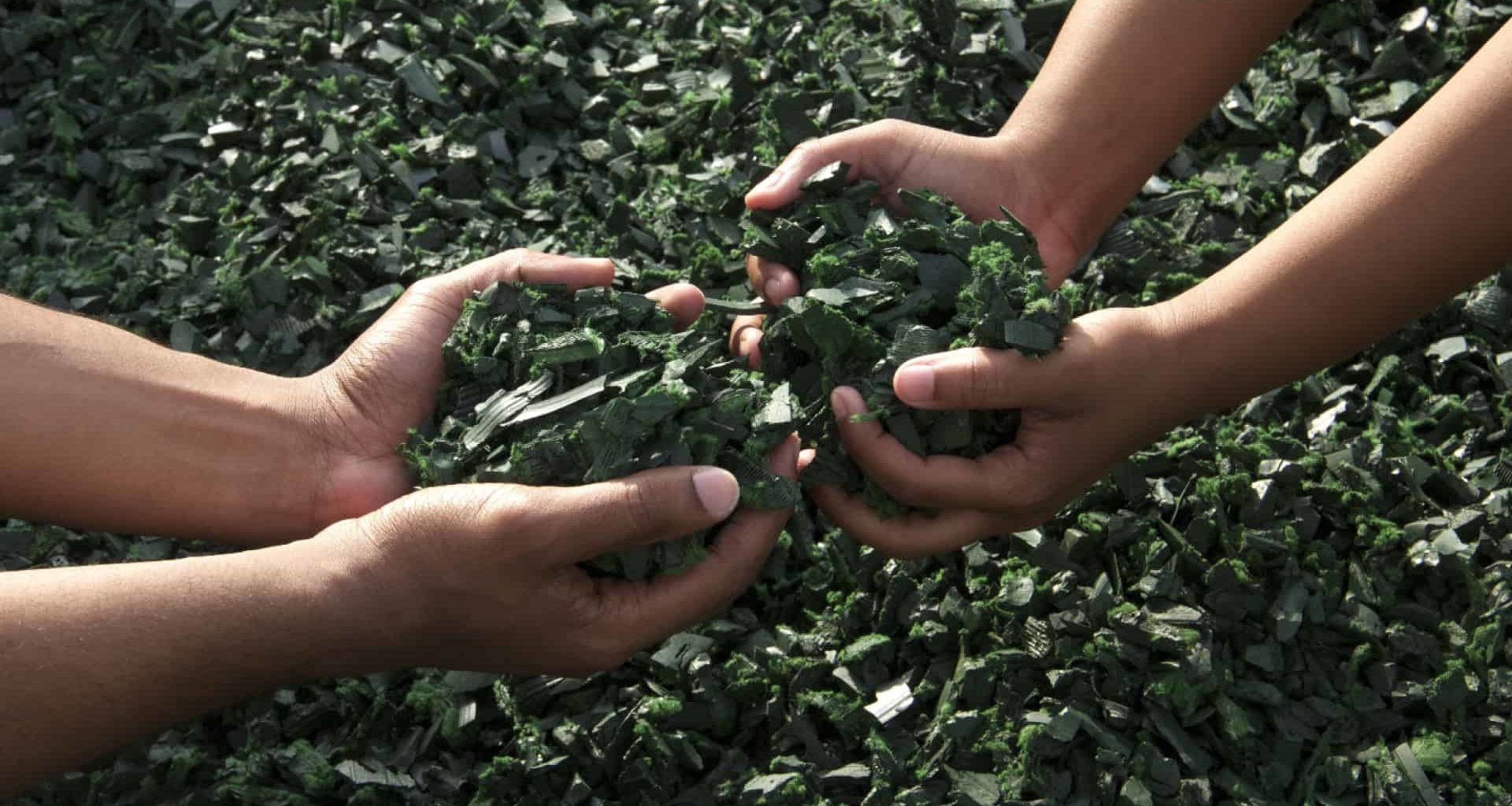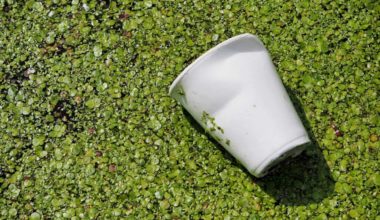Sustainable and eco-friendly packaging is no longer a thoughtful idea: It’s a responsibility. No matter where you look in the retail and shipping industries, you’ll find language documenting the steps that the company is taking to provide more sustainable packaging solutions for their products. Considering how much plastic waste we’re generating, changes need to be made across all industries to reduce the impact that single-use packaging and plastic waste have on our environment.
The unavoidable fact of the matter is that most products need packaging. Packaging can reduce food waste, protect fragile items, and provide simpler and more efficient ways to ship products of all shapes and sizes. While these packaging uses are necessary, that doesn’t mean that packaging should be made without regard for its environmental impact. It’s more important than ever that businesses start using more sustainable practices and materials when building their product’s packaging.
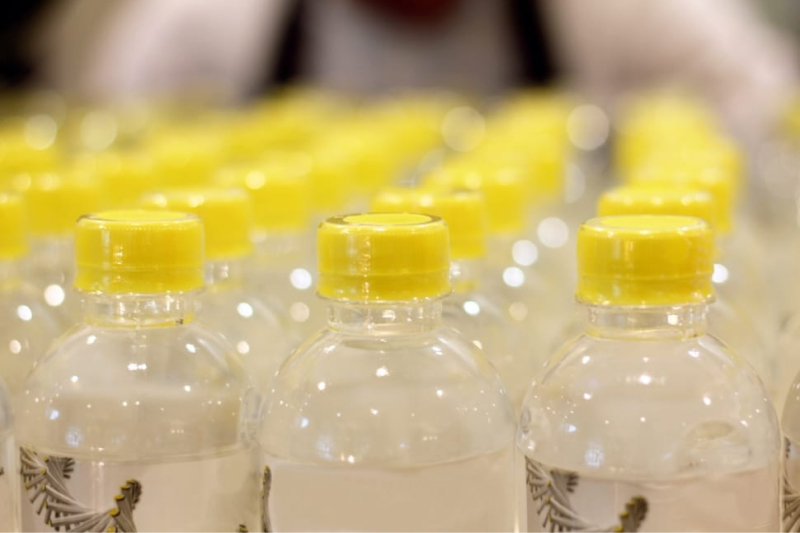
Here at Zenpack, we’re actively looking for ways to reduce our carbon footprint in the packaging world. This post discusses the big picture issues surrounding the environmental impact of packaging and why supporting businesses who are actively working toward more sustainable packaging is crucial to the future health of our planet.
Plastic Use and Waste in Traditional Packaging Methods
The numbers are scary—we get it. But they’re important because they help to spur change at such a key point in our history. Packaging is the number-one industry producer of plastic in the world (42% or 146 million tons) and produces the most plastic waste (almost 50% or 141 million tons). This is mainly because of the short “in-use” lifetime of packaging that is usually 6 months or less. Millions of tons of plastic are also produced in building and construction, but the waste is lower simply because the mean in-use lifetime in that industry is around 35 years.
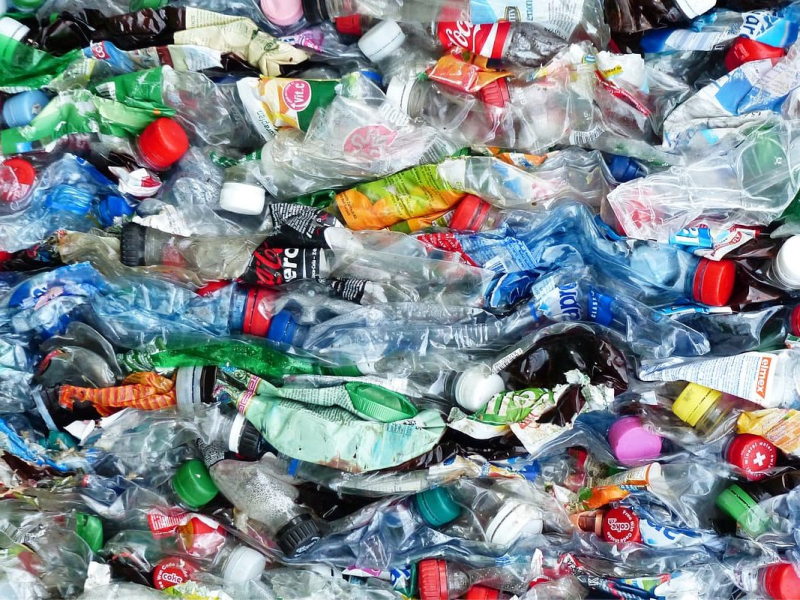
The bottom line? Steps need to be taken in the packaging industry to reduce plastic waste.
Now that we know how much plastic is being used in packaging, let’s go over why it’s important that we reduce it.
The Environmental Impact of Plastic Waste
Our landfills are struggling to keep up with the increasing global population. And the more landfills that we have to build, the less land we have to live on. Packaging accounts for over 23% of waste that ends up in our landfills each year, which doesn’t even consider the waste that’s tossed onto roadways or into rivers and oceans, polluting and harming various ecosystems that are sensitive to those kinds of disturbances.
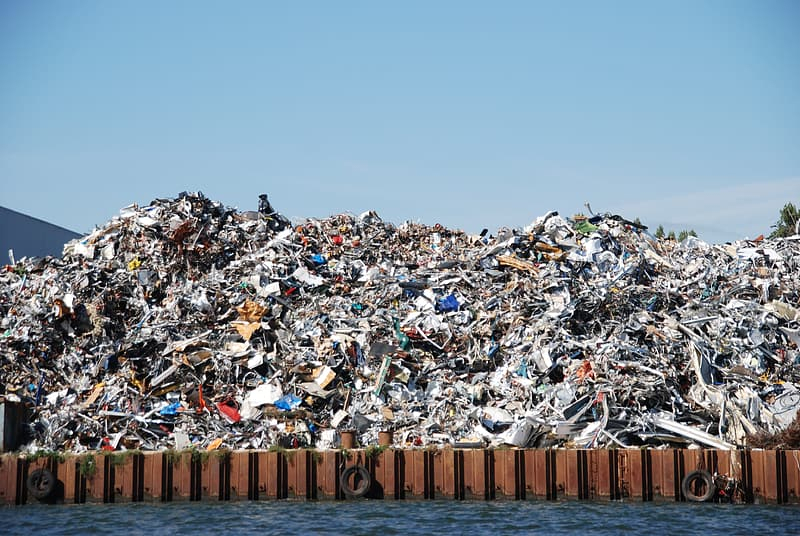
Plastic is durable, cheap, and easy to produce. And while these qualities will always remain important in the packaging world, it’s important to note how detrimental they are when plastic packaging becomes waste.
Because of its durability, plastic takes 500 years to decompose. It gets eaten by marine and land animals, clogs up roadways and beaches, litters city sidewalks, and causes all sorts of problems for the environment. The more that we produce plastic without sustainable processes, the more our planet suffers.
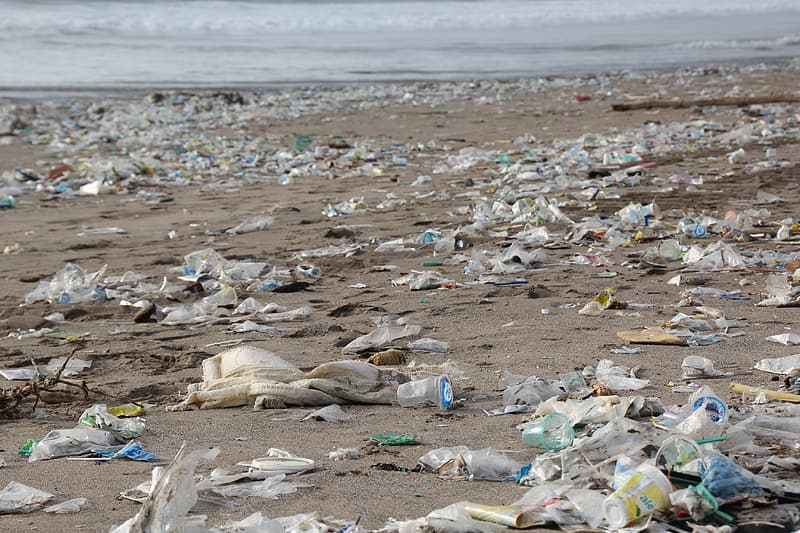
Where Do We Go From Here?
The damage has already been done and is frankly discouraging, but we haven’t yet passed the point of no return—there are still ways that we can reduce plastic waste. As a member of the packaging industry, we at Zenpack are working hard to build sustainable practices that not only help reduce our plastic footprint in the world but also benefit our clients and their brands. We’ve already noted that packaging is key to the protection and shipping of products, so it can’t be eliminated completely—but it can be re-worked to be more eco-friendly.
Statista reports that 40% of consumers believe that creating recyclable packaging is the most important part of building more eco-friendly packaging, which is followed closely by the ability to easily recycle it. People are working harder to recycle their plastic and packaging waste, which means they are less inclined to buy a product if its packaging is not recyclable.
By being a leader in the eco-friendly movement, you’re not only improving the future health of our planet but also actively showing your eco-conscious consumers that you care. With so many options for consumers to choose from, they’re going to start becoming picky about not just the product but also the business practices behind it.
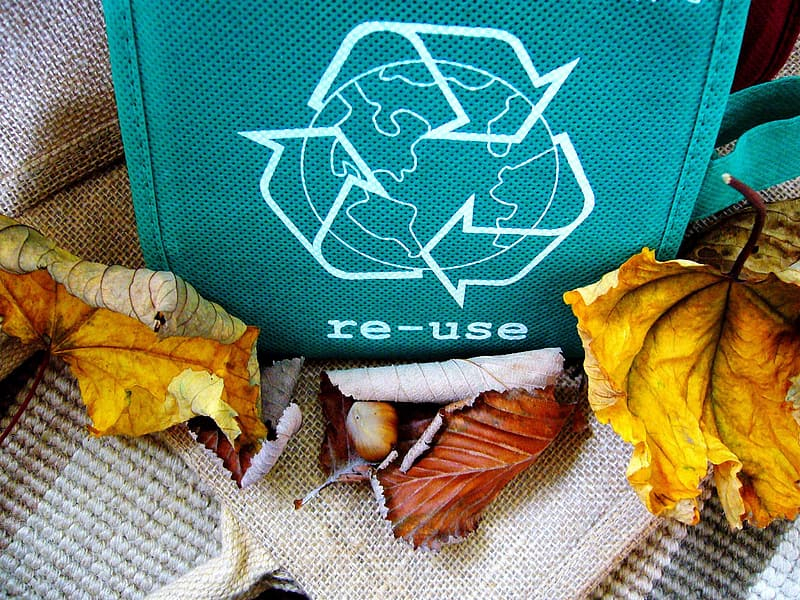
To learn more about how we’re actively working toward building more eco-friendly packaging solutions, check out our blog about small packages making a big impact.
If you want to know more about Zenpack’s services
Let our packaging consultants help you turn your idea into reality.
